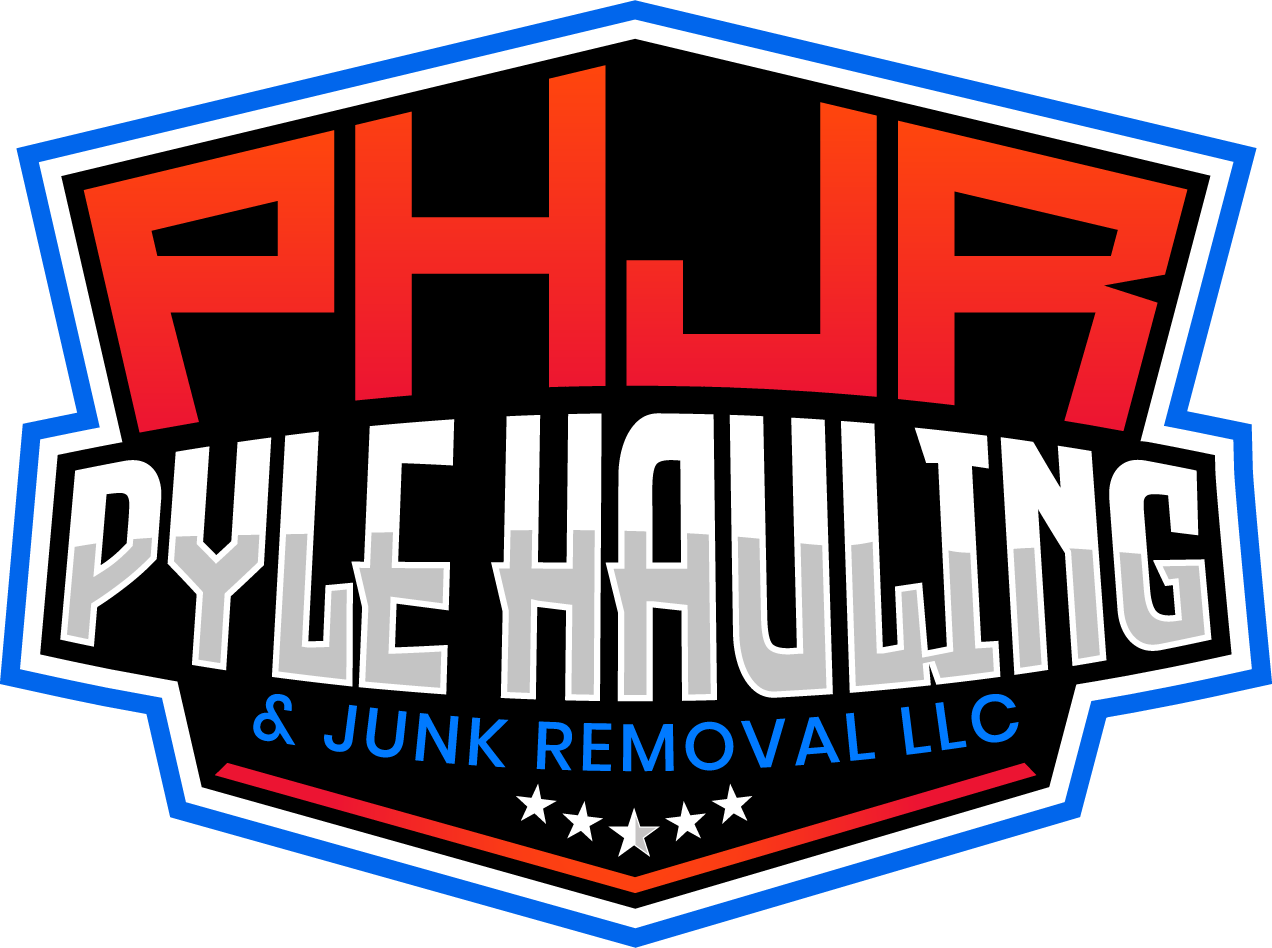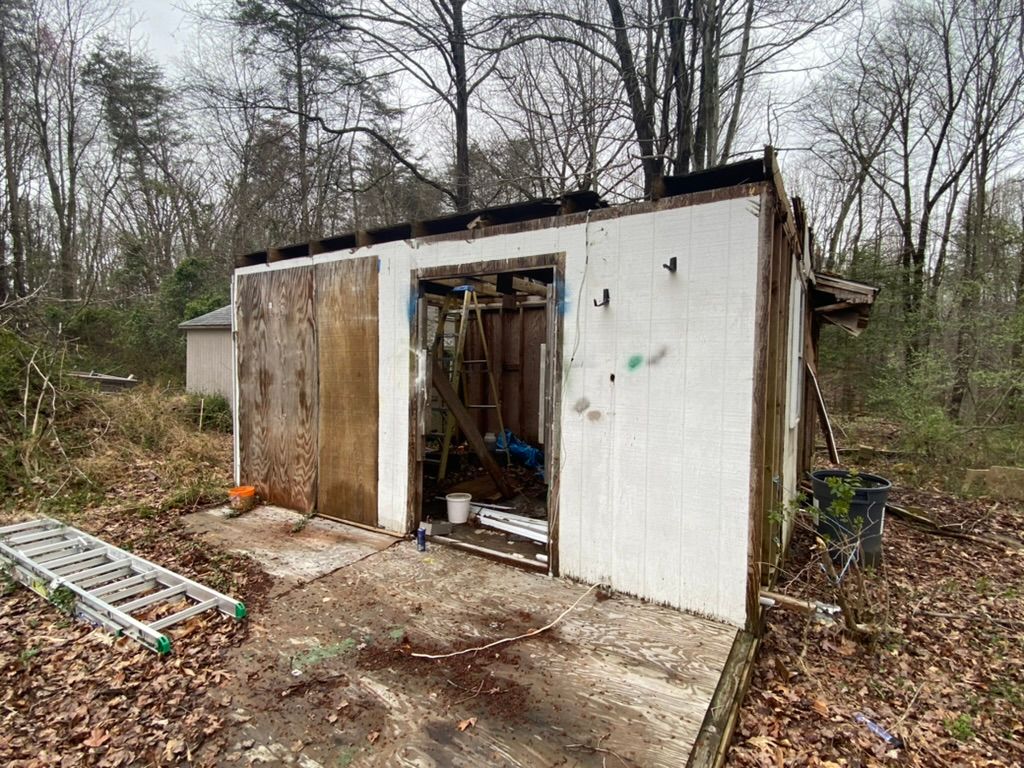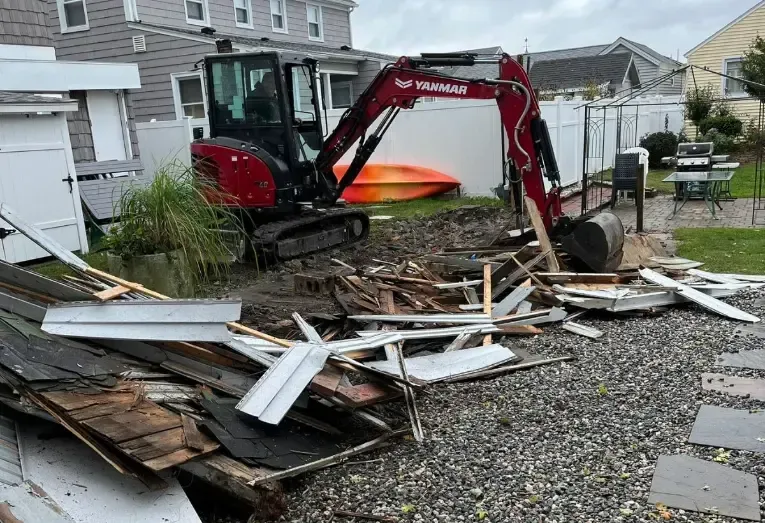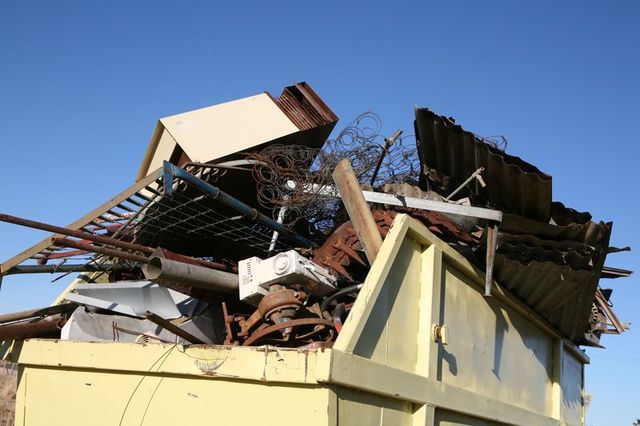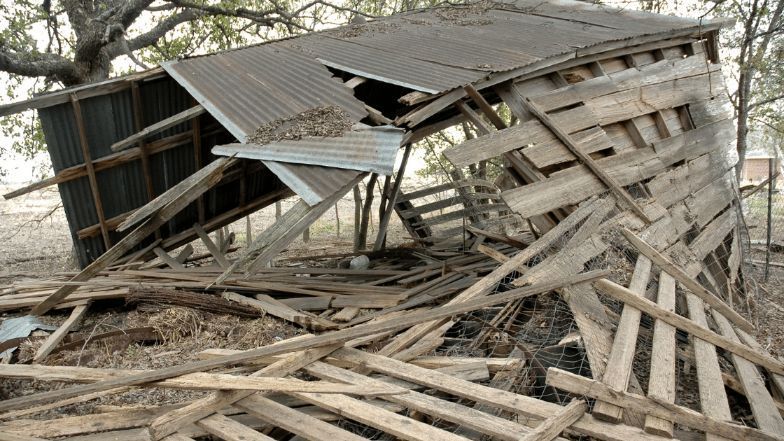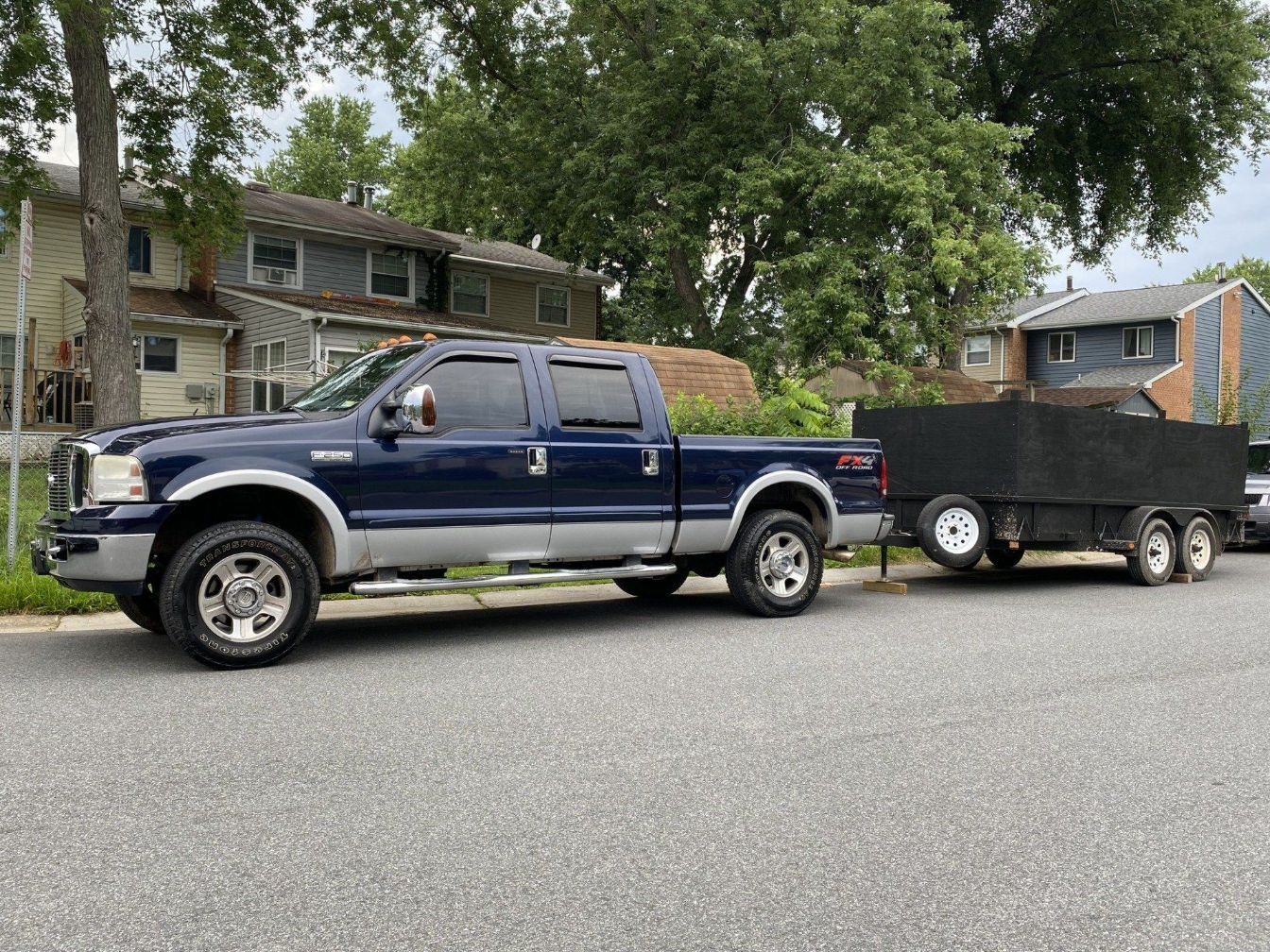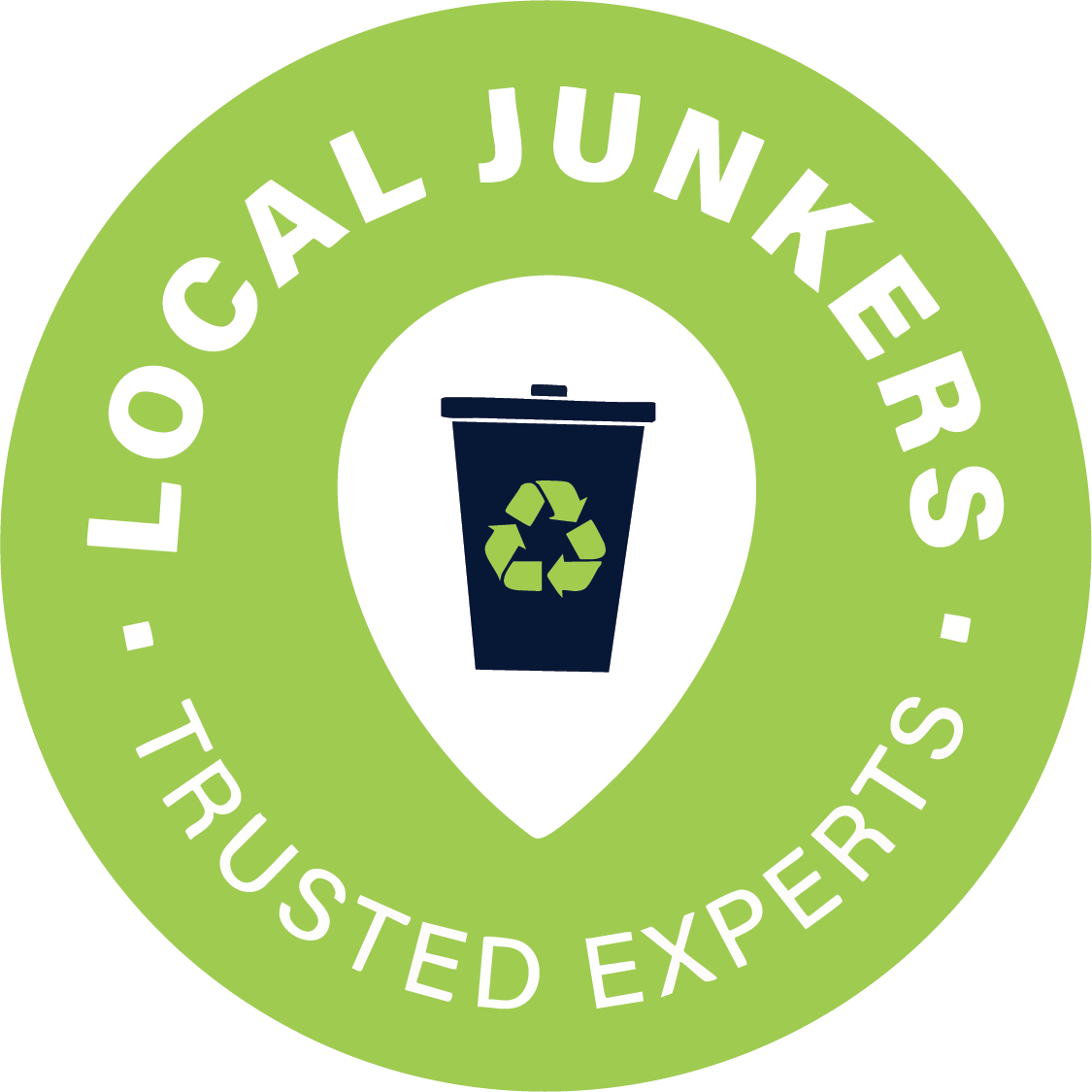New Castle County Dumping Regulations
New Castle County Dumping Regulations

Proper waste disposal is essential for protecting the environment and maintaining the health of our communities. Improper waste disposal can significantly negatively impact the environment and human health, contaminating soil and water supplies, attracting pests and rodents, and spreading diseases.
Essex county dumping regulations promote sustainability and protect human health by establishing safe and responsible waste disposal guidelines. These regulations encourage recycling, composting, and proper disposal in landfills or incinerators, minimizing pollution and the release of harmful substances into the environment.
Dumping Regulations:
- Prohibition of illegal dumping: It is unlawful to dispose of waste, including construction and demolition debris, outside designated areas or in a manner that violates state or local laws.
- Permit requirements: Certain types of waste, such as hazardous waste or large quantities of construction debris, may require a permit or special authorization for disposal.
- Prohibition of burning: Open-burning waste materials are prohibited to prevent air pollution and potential health hazards.
- Restrictions on hours of operation: Disposal facilities have limited hours of operation to prevent noise and other disturbances during residential hours.
- Minimum setback requirements: Landfills and other disposal facilities must maintain a minimum distance from residential or sensitive areas, such as schools or hospitals.
- Cover requirements: Landfills and other disposal facilities may be required to cover the waste with soil or other materials to prevent odors, litter, and pest infestation.
- Stormwater management: Landfills and other disposal facilities should implement stormwater management measures to prevent runoff and erosion.
- Dust control: Landfills and other disposal facilities must implement measures to control dust emissions to prevent air pollution.
- Inspection requirements: Landfills and other disposal facilities may be subject to periodic inspections by local authorities to ensure compliance with regulations.
- Record-keeping requirements: Disposal facilities may be required to maintain records of the types and quantities of waste accepted and disposed of at the facility.
- Penalties for violations: Individuals or companies that violate dumping regulations may be subject to fines, penalties, or other legal consequences.
- Public education and outreach: Local authorities may provide public education and outreach programs to educate residents and businesses about proper waste disposal practices and the potential consequences of illegal dumping.
What Items Can I Legally Dump?
Municipal Solid Waste (MSW). This household waste includes food, paper, cardboard, plastics, and textiles.- Construction and Demolition Debris (C&D). This includes concrete, wood, drywall, asphalt shingles, and roofing materials.
- Yard Waste. This includes grass clippings, leaves, branches, and other plant materials. The materials are commonly composted or mulched.
- Scrap Metal. This includes ferrous and non-ferrous metals such as steel, copper, and aluminum. Recycling helps utilize this waste.
- Appliances. This includes household appliances such as refrigerators, stoves, and washing machines. Donations or recycling can help get rid of appliances.
- Tires.This involves passenger car tires and truck tires.
- Electronics. This includes televisions, computers, and other electronic devices.
Prohibited
Hazardous Waste. Hazardous waste, such as batteries, chemicals, and other toxic materials, is prohibited in landfills. These items need to be disposed of at hazardous waste collection facilities.- E-waste. Electronic waste, such as computer monitors, televisions, and cell phones is prohibited in landfills. These items need to be recycled at electronic waste collection centers. You can also opt for donation or reselling.
- Fluorescent Light Bulbs. These bulbs contain mercury and need to be recycled at specific collection centers. Fluorescent light bulbs contain mercury.
- Paints and Solvents. These hazardous items must be disposed of at hazardous waste collection facilities.
- Automotive Fluids. Items like motor oil, antifreeze, and brake fluid are hazardous and must be recycled at automotive fluid collection centers.
- Propane Tanks. Propane tanks are hazardous and must be disposed of at propane tank collection centers.
- Medical Waste. Medical waste, such as needles and other medical equipment, must be disposed of at specific medical waste collection centers.
- Batteries. Batteries contain toxic materials and need to be recycled at battery collection centers.
- Treated Wood. Treated wood contains chemicals and cannot be disposed of in landfills. It needs to be recycled or disposed of at hazardous waste collection facilities.
- Flammable Materials. Flammable materials such as gasoline and propane tanks are prohibited in landfills and must be disposed of at specific collection centers.
- Asbestos. Licensed asbestos abatement contractors must handle and dispose of asbestos at specific facilities.
- Radioactive Materials. Radioactive materials are prohibited in landfills and must be disposed of at specific radioactive waste disposal facilities.
Is There a Dumping Fee?
Yes.
New Castle County dumping fees (source: Delaware solid waste authority) include trash collection, landfill, recycling, hazardous waste, and special pickup fees. Waste management companies charge trash collection fees to collect and dispose of household waste. Landfill operators charge landfill fees for accepting and disposing of waste at their facilities.
Recycling fees may be charged for collecting and processing recyclable materials, and hazardous waste fees for proper disposal of hazardous waste. Special pickup fees may be charged for large items or pickups outside regular schedules. Fees may vary by the service provider and specific services required.
Why you should hire a junk removal business instead
- Time-saving. A professional junk removal business will save you time by handling all aspects of junk removal, including sorting, hauling, and disposal.
- Safety. Junk removal can be dangerous, especially when handling heavy or hazardous materials. Hiring professionals can help avoid accidents and ensure safe removal and disposal.
- Proper disposal. Junk removal businesses are knowledgeable about proper waste disposal methods and can ensure that your junk is disposed of in an environmentally friendly way.
- Cost-effective. Removing junk is cheaper but can cost you more time, effort, and resources. Hiring a junk removal business will save you the hassle.
- Convenience. Junk removal businesses can offer convenient scheduling and pickup options that work with your schedule, making the process stress-free and hassle-free.
If you are searching for reliable and efficient junk removal services, look no further than Pyle Hauling & Junk Removal. Our company offers comprehensive junk removal solutions for commercial and residential clients. Our services include
cleanouts,
light demolition, construction debris cleanups, and other related services to cater to our client's needs.
